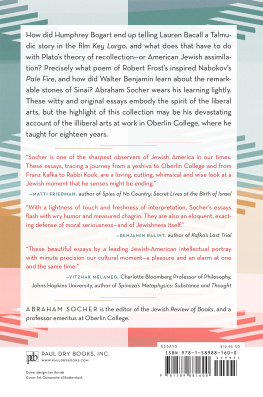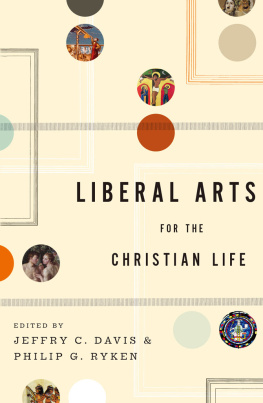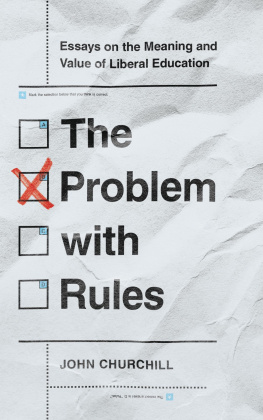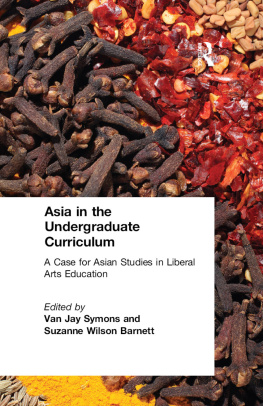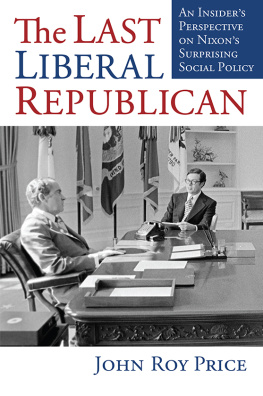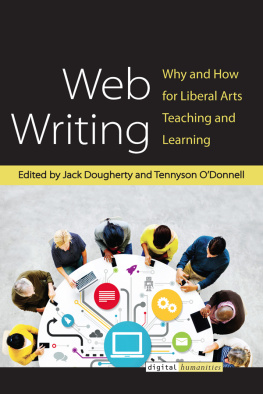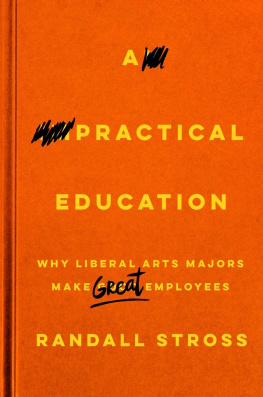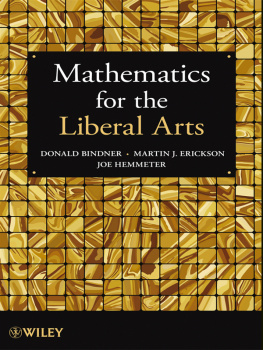THE YEAR 1989 SAW A REVOLUTION as earthshaking as the one that had occurred in France two hundred years before. Without a shot being fired, the hated Berlin Wall fell, and as the world watched in amazement, one by one countries such as Czechoslovakia, Hungary, Poland, and Romania threw off the shackles of communism. Even more shockingly, client states within the USSR began declaring their independence, and within two years the superpower known as the Soviet Union ceased to exist.
I visited Russia in November 1991, while the revolution was still sorting itself out. Soviet hard-liners had recently attempted a coup, kidnapping Mikhail Gorbachev in Crimea and sending troops and tanks into the streets of Moscow. In response, Boris Yeltsin led courageous street protests and turned the tide toward democracy, becoming a national hero in the process. Gorbachev returned to the city, and by the time I arrived he was engaged in a power struggle with Yeltsin. No one knew who would prevail.
I went to Russia as part of a group of nineteen, the first delegation of Western Christian leaders ever invited to Moscow by the government. The letter of invitation, signed by the chairman of the Supreme Soviet, could have been written by an evangelical about the United States. It began, In the difficult, often agonizing transitional period that our country is experiencing... spiritual and moral values acquire a great, if not paramount, significance in their ability to guarantee us against confrontation, civil conflicts, the erosion of moral foundations, and the lowering of standards.
These words were remarkable in view of Russias hostile attitude toward all religion during most of the twentieth century. The zealously atheist government had shuttered ninety-eight of every one hundred churches and killed forty-two thousand priests; scholars estimate that at least ten million martyrs died for their religious beliefs. Now Russian leaders were anxiously looking for spiritual renewal. Gorbachev himself had written in his book Perestroika, Today our main job is to lift the individual spiritually, respecting his inner world and giving him moral strength and help.
As guests of the president, those of us in the Christian delegation were treated like VIPs, meeting with Gorbachev and the Russian Duma (parliament) as well as officials of the KGB. For a journalist like me, however, the most memorable meeting took place at the office of the renowned communist newspaper Pravda.
The newspaper occupied a five-story building in the heart of Moscows printing district, though many of the offices in that building now sat vacant. Pravdas circulation had fallen off a clifffrom eleven million subscribers to seven hundred thousandand to survive the newspaper had reduced its staff by two-thirds. It soon became clear why Pravda was hosting our delegation: we were being recruited for a kind of reverse propaganda. In an act of desperation, the official organ of the Communist Party was reaching out to its antithesisevangelical Christianityas a way of gaining credibility, or at least gaining sales. Perhaps we could reprint from the Bible? suggested the editor, or could one of you write a regular column on religion?
The editors were shaken to the core, so much so that they were now seeking help from emissaries of religion, which Karl Marx had famously called the opium of the people. The editor in chief of Pravda admitted that Christian values may be the only thing to keep our country from falling apart. He seemed genuinely puzzled by the recent turn of events. We went to the best Marxist schools. We learned about equality and justice, about the need to overcome poverty and racism. You Christians share so many of the ideals we were committed to. Yet, with the best of intentions, we communists ended up creating the greatest monstrosity the world has ever seen.
Some in our group, such as Peter Deyneka Jr. and Alex Leonovich, had a hard time believing the words we were hearing. They had lived through the era of persecution, when their radio broadcasts were jammed by the government and when Christians were sent to Siberia for possessing a Bible. Credibility was stretched further the following day, when the head of the KGB used the word repentance while apologizing for the nations treatment of Christians.
The next morning, while jogging, I came across visual proof of the revolution underway. My running path led to a park in which I found huge statues of Stalin, Marx, Lenin, and other communist heroes. They had been toppled from their pedestals and ignominiously deposited in a kind of dumping ground. Russias gods had failed them, and the nation was now looking for a new god.
Over the next few years, representatives of every religion and cult flooded into Russia. One cooperative project created a curriculum based on the Ten Commandments for Russian schools. Storefront churches appeared beside stately old Orthodox cathedrals. Street preachers declaimed alongside vendors hawking their wares.
John Bernbaum, one of the nineteen guests of the president on our visit, was energized with a longer-term vision. As the executive vice president of the Christian College Coalition, he represented some seventy-six faith-based colleges and universities. When he was asked by Russias minister of science and education to come to Moscow and establish a Christian liberal arts college, he sensed that Russia needed a foundational shift that could integrate faith with such fields as science, the humanities, psychology, history, politics, and businessexactly the goal of the US institutions he represented.
After hosting the first delegation of Soviet educators who came the States to learn about private faith-based education, he told an inquiring journalist, This is truly one of those rare moments of truth in a nations history when basic decisions are being made that will set the future course for millions of people. Little did he know that he would make 103 trips to Russia over the next twenty-five years.
This book tells the story of Bernbaums quest to establish the first Christian liberal arts university in the Republic of Russia, in partnership with business and education leaders in the States and Russia. It was truly a leap of faith. As his daughter put it, Dad, you have had opportunities to accept college presidencies in the States. Why would you become the president of a college with no students, no faculty, no campus, and no funding?


